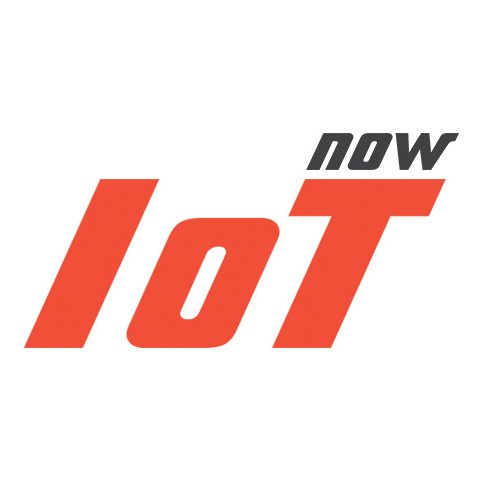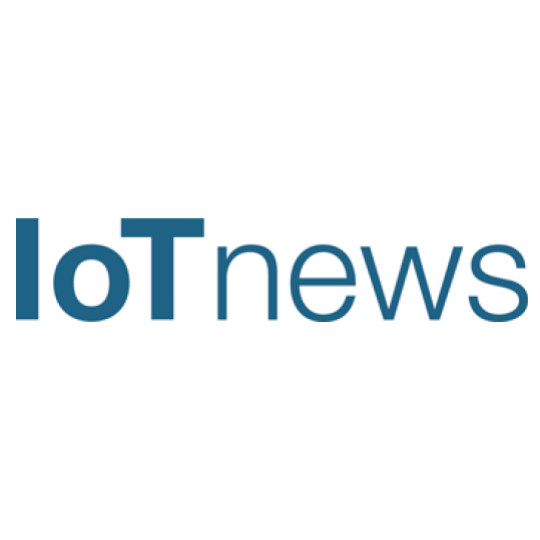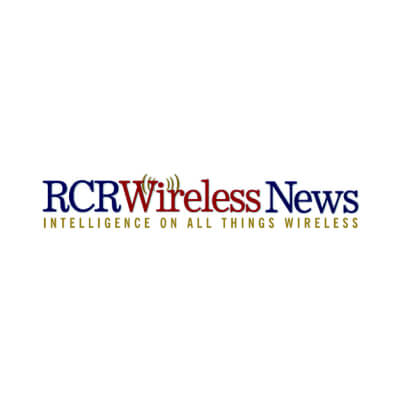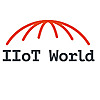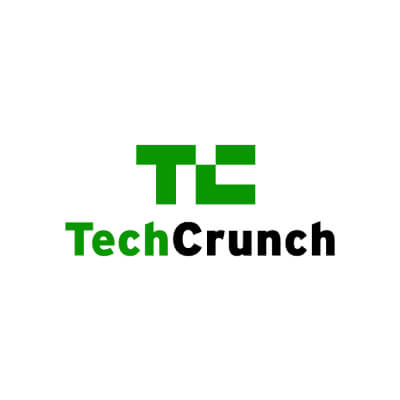
The Internet of Things (IoT) industry has been the home of intensive innovation and significant transformation over the last few years. Nowhere have those innovations been more impactful than in the business models that those technologies enable. While traditional business models continue to drive significant revenues across the board, there are a range of hybrid and entirely new models that will begin to shape the future of the space.
Certainly, the future of the IoT and smart home space is bright indeed, both from a consumer and enterprise standpoint. Analysts at Strategy Analytics have predicted that the potential smart home market will be worth $130 billion by 2020, and continue to grow at a CAGR of 23.48 percent during the period 2016-2020, according to a separate report.

The Strategy Analytics report breaks down some of the market opportunities, placing emphasis on smart home safety and security applications, which are set to yield more than $26 billion per year globally, as well as self-monitoring smart home applications, where consumer
Security in Numbers

Even today, the IoT home security market makes up a significant portion of the total, and it is a microcosm of business models, both new and old. Traditional retail is, of course, a strong performer, but even this is seeing new drivers. Insurance companies are offering discounts to customers with approved systems fitted, while others are taking a logical step further, supplying discounted or subsidized hardware direct to consumers as a sales package.
Meanwhile, professional installer firms are increasingly targeting the technology-averse with pre-configured packages that can be installed in hours and remotely configured to suit the customer in minutes. Finally, and perhaps most interestingly for the future, the subscription monitoring services are beginning to see the opportunity to up their game, with the addition of localized warnings to other homeowners in the event of a break-in. There is also the possibility of gaining more powerful insights by overlaying sensors, such as linking a barometric pressure sensor and a window sensor to establish whether an open window and wet weather constitute an alert-worthy risk.
Blending the Business

This blending of business models is not unique to the security space, but the success of this niche has encouraged a surprising range of other sectors to approach the market. Another example is German utility provider Vattenfall (deeply involved in the UK wind energy market), which has retailed a variety of smart home packages to homeowners that have in turn been white labelled from the smart home arm of a major German telco.
Other business models that have been driven by IoT are those connected with compliance and regulation. Usually more B2B-focused, the impact of these models can be considerable. For context, Fortune Global 500 companies had to spend roughly $7.8 billion in order to ensure they were compliant with the EU General Data Protection Regulation (GDPR), according to the Financial Times. In fact, American manufacturers spend an estimated $192 billion on compliance per year, so the opportunity to make cost savings is not to be lightly missed.
Remote Monitoring

In the oil and gas industry, IoT is enabling previously impossible levels of remote monitoring, such as checking for oil leaks and gas emissions, which would have been done manually just a few years ago. This not only reduces cost, but also generates far more complete and responsive data, which can then be used to model future yields and challenges far more accurately. In addition, the real-time data means that if a leak does occur, it can be dealt with immediately, limiting liability and environmental damage.
Environmental concerns are not limited to distant oilfields either, as utility firms across Europe are facing increasingly tough targets on efficiency. In some regions, power companies are able to offset smart thermostats against their targets, leading to a boom in installations as utilities incentivize, discount and in some cases install smart solutions direct to customer.
The major opportunities in the world of IoT for startups and incumbent players alike, are around leveraging the vast flows of data these networked sensors and devices are creating. By aggregating new data points created by connected home devices with increasingly efficient and reliable sensors integrated into them, entirely new business models, products and services can be created.
For example, there is immediate potential for micro subscription services, where IoT devices monitor their own consumables and reorder when required. Amazon’s Dash infrastructure is only the touch of a button away, while Nespresso’s newest machines are just an app swipe off, as the machines report back to the app from a host of sensors throughout the machine, from safety pressure levels to the remaining number of pods.
Clearly, the future will see innumerable new products and services grow up around this network of home and environmental sensors, and the most dramatic will probably be those that create whole new ways of slicing and dicing data from different sensor sources. The days when technology was engineered to suit the business model are fading. Now, tech evolves the models and at an increasingly rapid rate. Welcome to the future!
Written by Martin Keenan, Technical Director at Avnet Abacus.




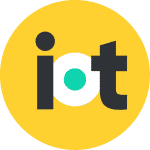
 New Episode
New Episode


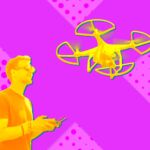


 Latest IoT News
Latest IoT News